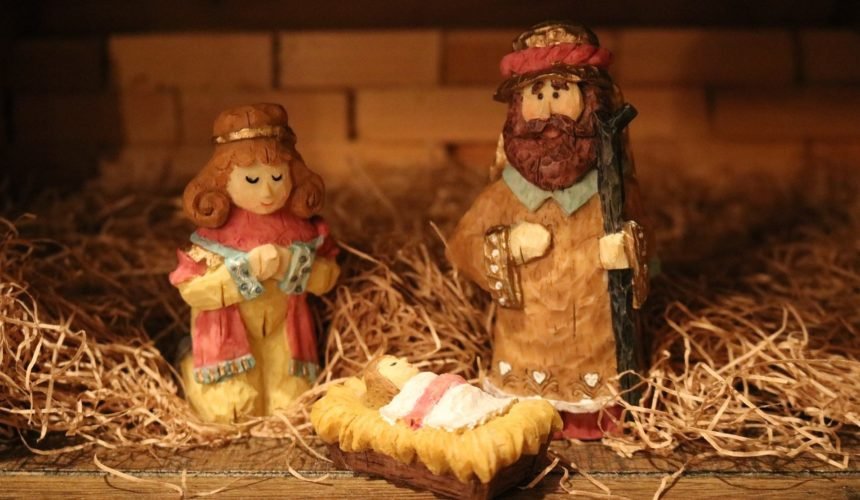Title: The Multifaceted Beauty of “Hallelujah”: A Tribute to a Timeless Expression of Joy and Praise

“Hallelujah” – a word that transcends language barriers, cultural divides, and religious distinctions, resonating with a universal sense of awe, gratitude, and exaltation. It’s a word that carries within its syllables the weight of centuries of human experience, a word that encapsulates the essence of faith, hope, and triumph. From sacred texts to popular culture, “Hallelujah” stands as a testament to the enduring power of music and language to uplift and inspire.
Derived from the Hebrew phrase “Hallelu Yah,” meaning “praise the Lord,” “Hallelujah” has deep roots in religious tradition. It appears numerous times in the Bible, particularly in the Psalms, where it is used as an expression of worship and adoration. Across different faiths and spiritual traditions, “Hallelujah” serves as a rallying cry for believers to offer praise and thanksgiving to the divine.
Yet, “Hallelujah” extends beyond its religious connotations to become a symbol of human resilience, joy, and celebration. Its melodic cadence and rhythmic repetition evoke a sense of jubilation and euphoria, inviting listeners to join in the chorus of exultation. Whether sung in a grand cathedral or shouted amidst the cacophony of a crowded street, “Hallelujah” has the power to unite hearts and voices in a harmonious symphony of praise.
In the realm of music, “Hallelujah” has been immortalized in countless compositions, ranging from classical masterpieces to contemporary pop songs. Its versatility allows it to adapt to a myriad of musical styles and interpretations, making it a perennial favorite among musicians and audiences alike. From Handel’s majestic “Hallelujah Chorus” to Leonard Cohen’s haunting ballad, each rendition captures a unique facet of the word’s timeless beauty.
Moreover, “Hallelujah” serves as a poignant expression of gratitude and hope in times of trial and adversity. It is a reminder that even in the darkest moments, there is reason to rejoice, to find solace in the promise of redemption and renewal. Whether sung as a lamentation for lost love or a rallying cry for social justice, “Hallelujah” embodies the human spirit’s capacity to find light amidst the shadows, to persevere with faith and resilience.
Beyond its musical and lyrical qualities, “Hallelujah” speaks to the profound interconnectedness of the human experience. It is a word that transcends boundaries of language, culture, and belief, resonating with people from all walks of life. In its simplicity and universality, “Hallelujah” invites us to pause, to reflect, and to celebrate the inherent beauty and divinity that dwells within each of us.
In conclusion, “Hallelujah” stands as a timeless expression of joy, praise, and gratitude that has echoed through the corridors of human history. From ancient hymns to modern anthems, its enduring resonance speaks to the universal longing for connection, meaning, and transcendence. As we join our voices in chorus, may we be reminded of the profound beauty and power of this simple word to uplift, inspire, and unite us in common purpose. Hallelujah!






0 Comments